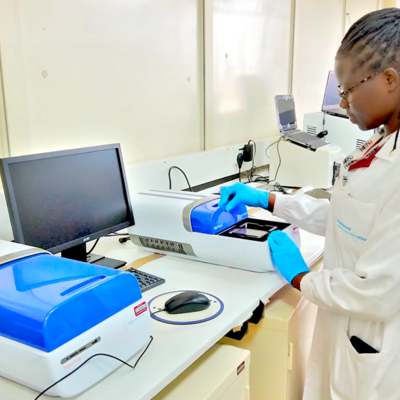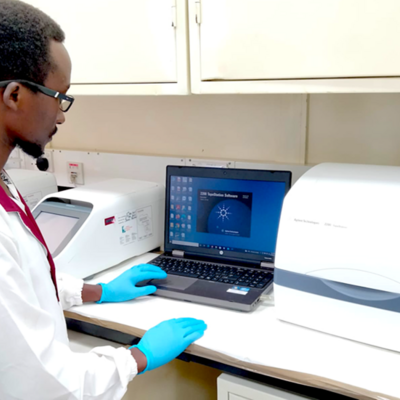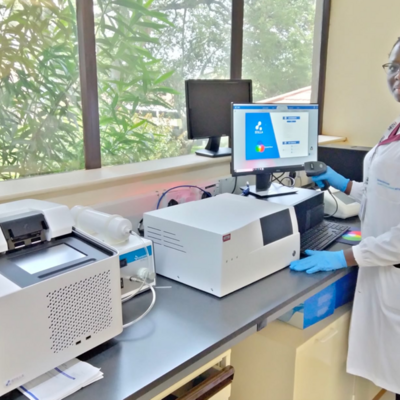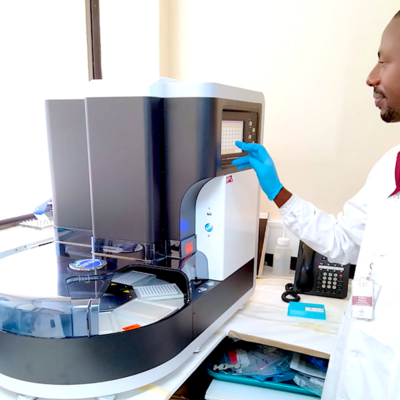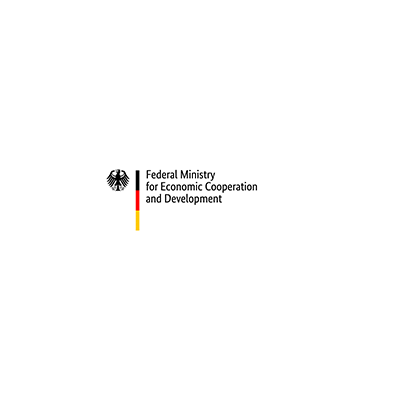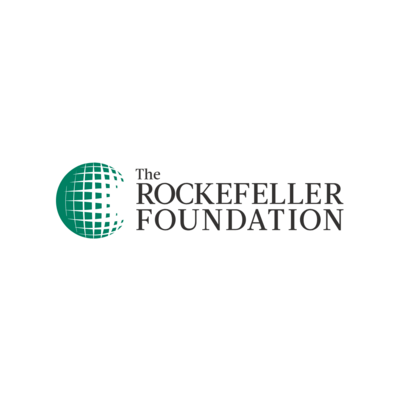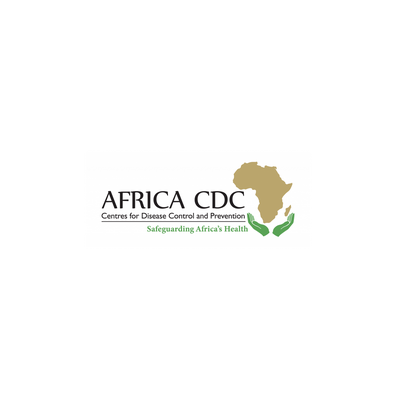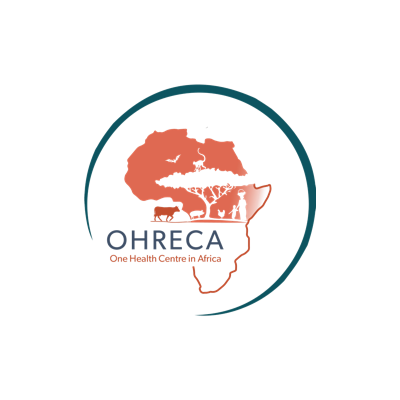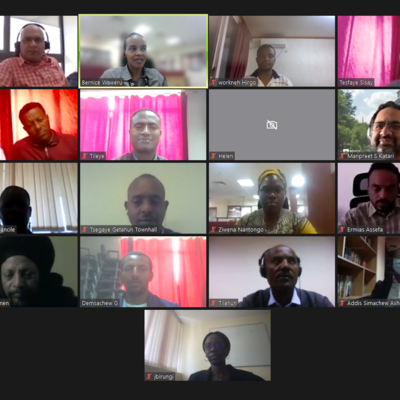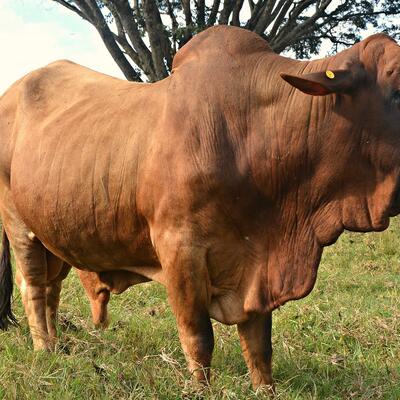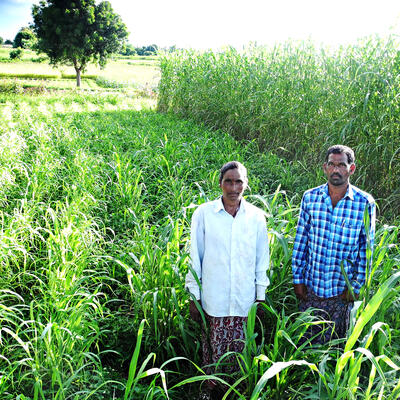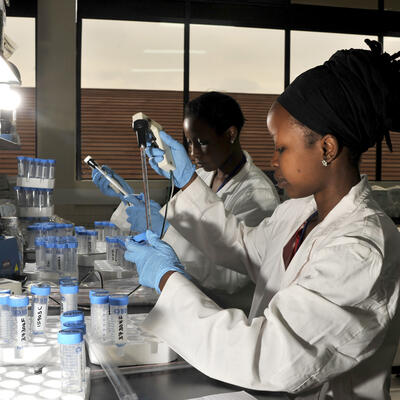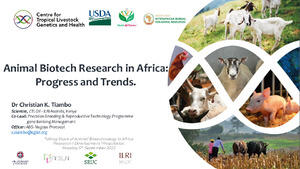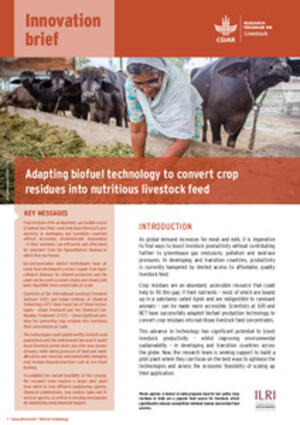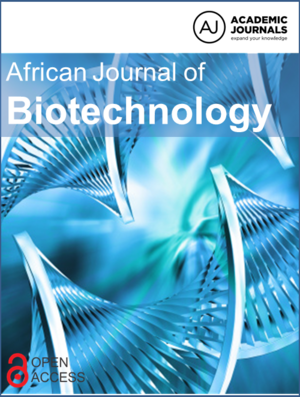

Genomics platform
ILRI GENOMICS
Whole genome sequencing (WGS) technology is currently revolutionizing genetic research all over the world. However, low-income countries in Africa are still lagging behind even though the current advances suit their unique needs more than ever before. Through Next generation sequencing (NGS), genomic research has been fundamentally transformed and the continually emerging new developments are significantly reducing the cost of sequencing to affordable levels. For clinical microbiology applications, the NGS technology is beginning to show extreme potential for ultra-fast and accurate molecular typing and diagnosis. The combination of low cost and rapid turnaround time offered by the current and the emerging desk-top sequencers, makes pathogen WGS the key to accurate diagnostic tool and the ultimate epidemiological typing method with the digital, portable, and universally applicable capabilities. Compared to the current diagnostic methods, microbial clinical sequencing is by far more informative and capable of distinguishing very closely related strains. Furthermore, microbial genome sequencing is transforming our understanding of the evolution of pathogen virulence factors and the molecular basis that leads to the development and spread of antimicrobial resistance.
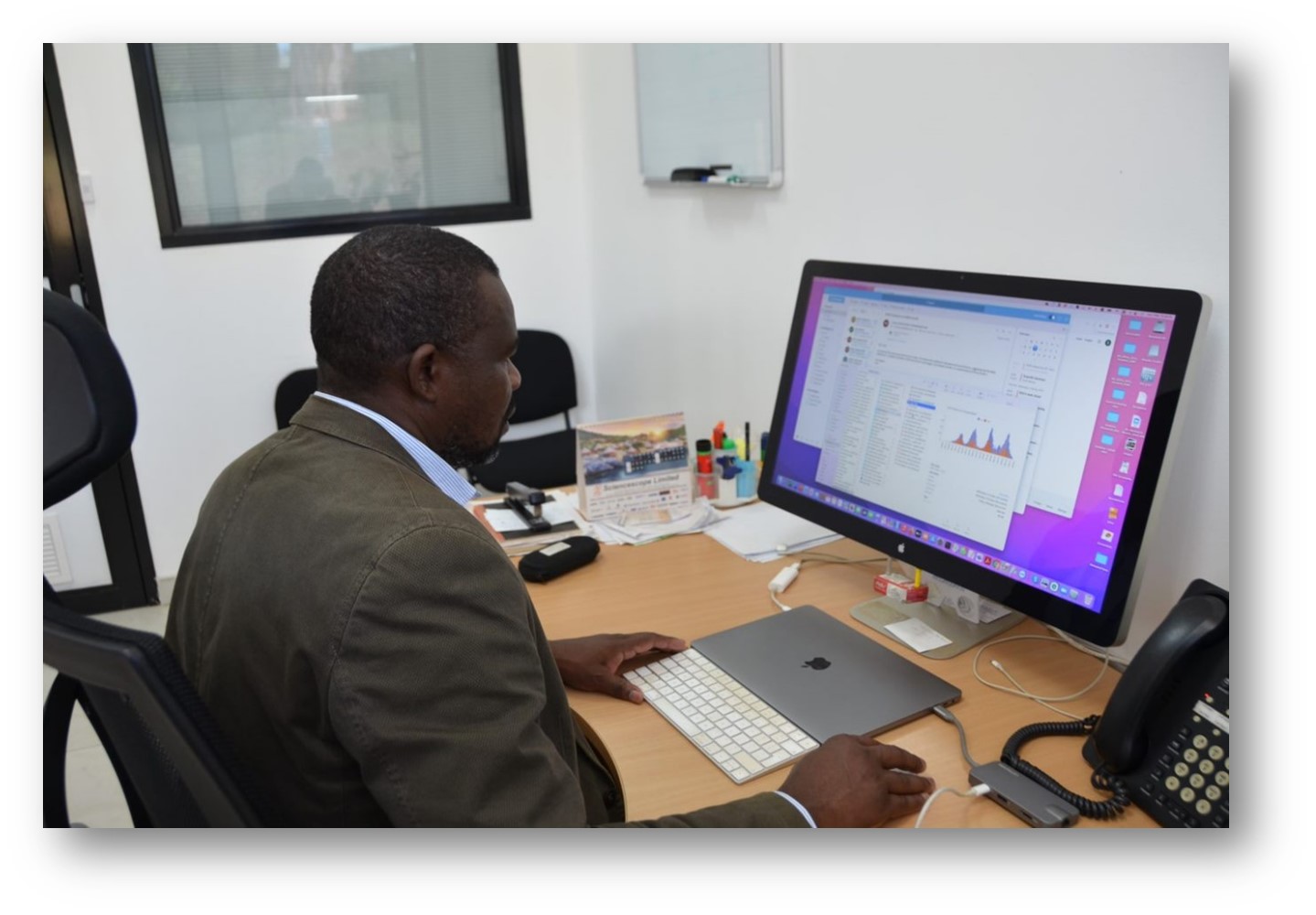
Given the complex nature of microbial infection is Sub-Saharan Africa (SSA) where cases of multiple pathogen infection are common, a universal diagnostic approach offered by whole genome sequencing in the context of metagenomics approach, provides the most effective solution to accurate diagnosis and pathogen typing. Setting a genomic pathogen diagnostic and epidemiology platform in SSA will help: 1) develop methods for epidemiological typing to define transmission pathways and support outbreak investigations; 2) develop methods for drug susceptibility testing using known markers for antibiotic resistance especially for slow-growing bacteria such M. tuberculosis complex and also for viral genotyping; 3) develop local resources for capacity building in genomics that will enable Africans to contribute to the global genomics research arena. For the countries in SSA to benefit from the current genomic revolution, there is a need to strengthen research capacity, training, and collaborations that will enable the continent to contribute fully to global health improvement. Although SSA is still poorly resourced in terms of healthcare funding, the universality of pathogen sequencing, means that a single sequencing machine can offer a wider diagnostic repertoire bridging the gap left by the different generic diagnostic methods. Thus, improve efficiency, accuracy and cost reduction. As both research and a clinical tool, WGS platform is valuable in providing genomic information of known and unknown pathogens upon which individual pathogen-specific diagnostic tools can be developed that is sensitive and compatible with the local strains and genotypes.
Services
SEQUENCING PLATFORMS
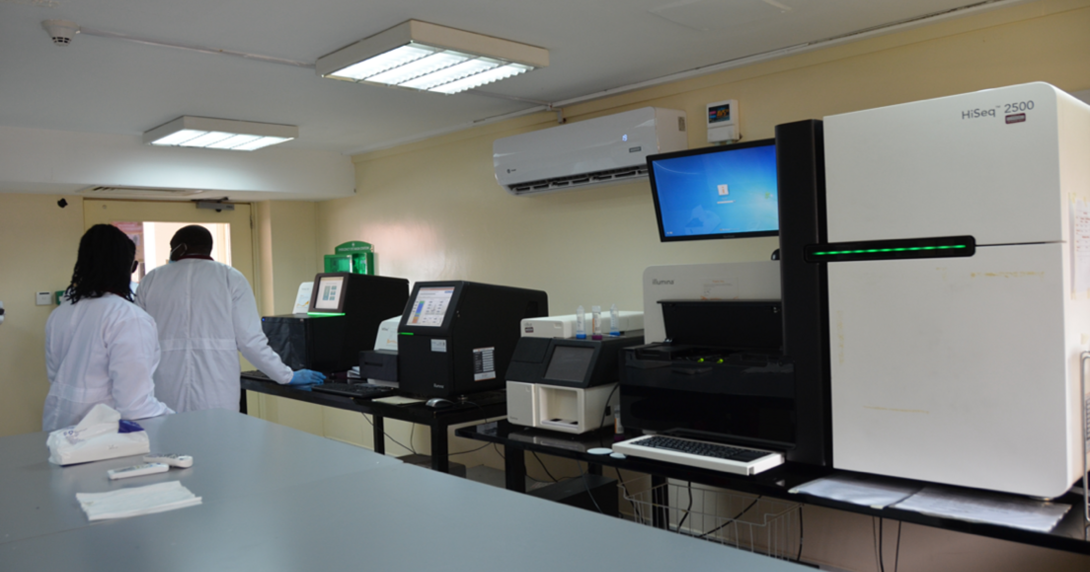
High throughput sequencingtechnologies (HTST) have been build using a combination of expertise from different fields of science including chemistry, molecular biology, software, and engineering. Most of the current HTST (except for the Oxford Nanopore technology) have been built upon the principle of the Sanger’s Nobel prize winning discovery of dideoxynucleotide chain termination reaction.
Bioinformatics
BIOINFORMATIC INFRASTRUCTURE
Success in whole genome sequencing data requires a significant investment in bioinformatics infrastructure. Bioinformatics tools that enable fast and easy quality-controlled data generation and interpretation is our priority. The genomic platform is being developed as a regional bioinformatic hub to offer genomic analysis services and training center for developing bioinformatic capacity in the region.
We have set up bioinformatic analysis pipelines to analyse the sequence data within the shortest time possible and produce a simplified report on quality, type and distribution of DNA polymorphisms, antibiotic resistance, or virulence markers. Standard data output is generated through analysis software for WGS which has been established and set to extract clinically relevant information in an automated fashion. Interpretation software is integrated with the server system and continuously updated with database containing pathogen genomes and a catalogue of point mutations or drug mutation genes. Mechanisms for remote connection and access to international data centres are being established.
A metagenomics pipeline has also been set-up with capability of remote connection to the National Centre for Biotechnology Information (NCBI) databases to allow alignment of reads to the reference sequences in order to comprehensively identify bacteria, viruses, fungi and parasites. The connections ensure that useful information of public health benefits are shared nationally, regionally and internationally, as well as with the scientific community to promote progress in basic and translational research.
Apart from the physical infrastructure, human resource capacity is under continuous development to produce a new generation of African bioinformaticians and genomic scientists. Bioinformatic scientists from various institutions worldwide get invited as technology ambassadors to provide training and support to this initiative.
Gallery






Genomics Team
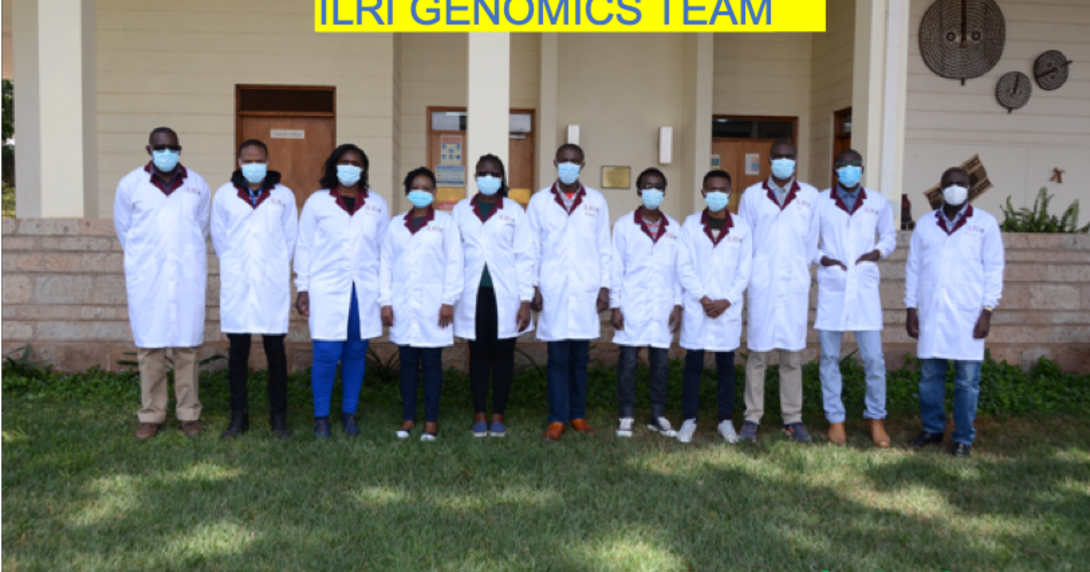
Funders
You may also like

ILRI strengthens collaborative partnerships with the donation of a computing server to Meru University of Science and Technology

Adrian Hill, of the Jenner Institute at Oxford University, on the platforms and progress of global health vaccines
Former ABCF fellow’s research is conserving and improving indigenous goats in the Democratic Republic of Congo
Related Publications

Milletdb: A multi-omics database to accelerate the research of functional genomics and molecular breeding of millets
- Min Sun
- Haidong Yan
- Aling Zhang
- Yarong Jin
- Chuang Lin
- Lin Luo
- Bingchao Wu
- Yuhang Fan
- Shilin Tian
- Xiaofang Cao
- Zan Wang
- Jinchan Luo
- Yuchen Yang
- Jiyuan Jia
- Puding Zhou
- Qianzi Tang
- Jones, Christopher S.
- Varshney, Rajeev K.
- Srivastava, R.K.
- Min He
- Zheni Xie
- Xiaoshan Wang
- Guangyan Feng
- Gang Nie
- Dejun Huang
- Xinquan Zhang
- Fangjie Zhu
- Linkai Huang

Characterization of feruloyl esterases from Pecoramyces sp. F1 and the synergistic effect in biomass degradation
- Jing Ma
- Yuping Ma
- Yuqi Li
- Zhanyin Sun
- Xiaoni Sun
- Varijakshapanicker, Padmakumar
- Yanfen Cheng
- Weiyun Zhu

Genome and systems biology of Melilotus albus provides insights into coumarins biosynthesis
- Fan Wu
- Zhen Duan
- Pan Xu
- Qi Yan
- Minghui Meng
- Cao, M.
- Jones, Christopher S.
- Xifang Zong
- Pei Zhou
- Yimeng Wang
- Kai Luo
- Shengsheng Wang
- Zhuanzhuan Yan
- Penglei Wang
- Hongyan Di
- Zifeng Ouyang
- Yanrong Wang
- Jiyu Zhang





